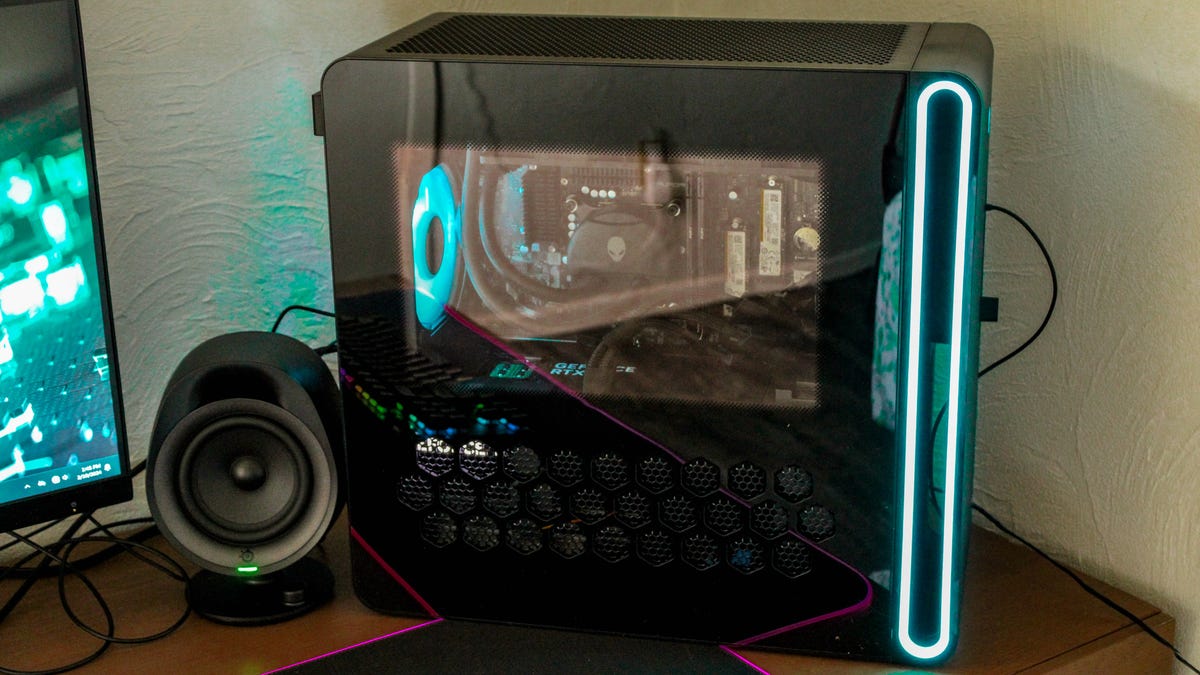BOOK THIS SPACE FOR AD
ARTICLE ADGoogle Pixel 4 series was plagued by many issues, but it seems that researchers have found at least one use case for its Face Unlock system. A team at University of California San Diego (UC SD) is using the IR sensor, arguably one of the best features of the smartphone, in detecting signs of Alzheimer's disease. This sensor, coupled with a Dot projector, enabled face unlocking. The same sensor is now being used to record a person's pupil's response to specific tasks allowing researchers to identify cognitive impairments.
The Verge talked to one of the researchers of the team and he explained how the whole thing works. The team identified human eyes, specifically the pupil (black spot in the middle of the eye) as a metric for detecting Alzheimer's — a disease in which brain cells die causing the patient to lose memory. The researchers recorded the response of the pupil to specific tasks that allowed them to identify cognitive impairments via an app. These impairments were based on the pupil's functions during those specific tasks such as remembering a sequence of randomly spoken numbers.
The app is able to identify impairments by using the IR sensor that Google Pixel 4 uses for face unlock. The reason for using the IR sensor is because these cameras are better at detecting the difference between the eye colour and the pupil as compared to standard cameras, the researchers said. After recording the pupil's response to specific tasks, the data is sent to the DigiHealth Lab at UC SD where researchers analyse it.
Alzheimer's disease cannot be cured, but treatment can certainly help. It's obvious that a smartphone's feature will not be able to replace an equipment — which could be costing loads of money — specifically designed for detecting Alzheimer's, but research such as this can provide a cost-effective way to give doctors a headstart for a treatment.
.png)
 2 years ago
106
2 years ago
106 













 Bengali (Bangladesh) ·
Bengali (Bangladesh) ·  English (United States) ·
English (United States) ·